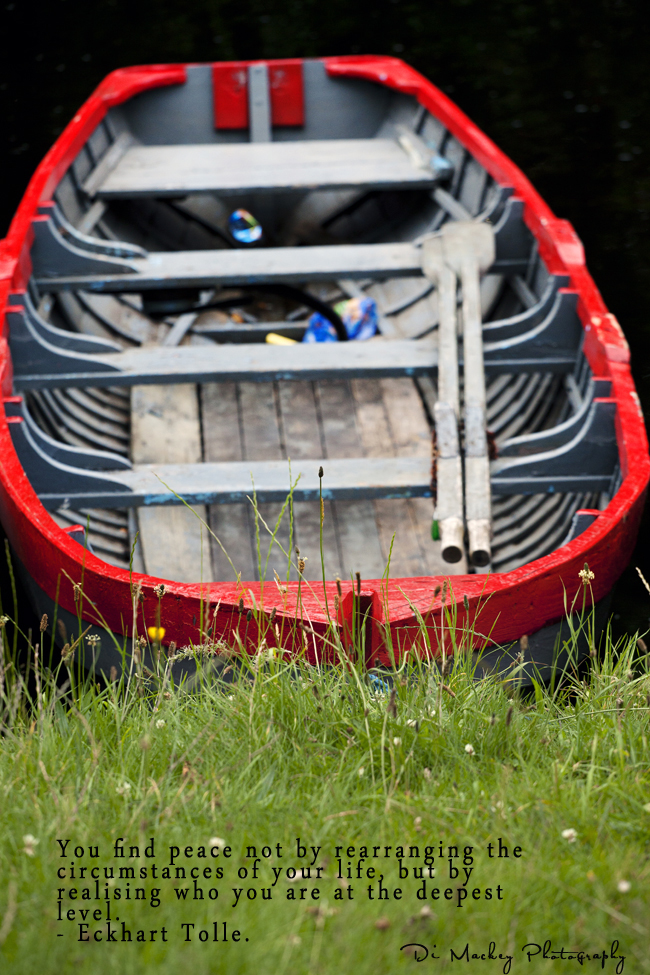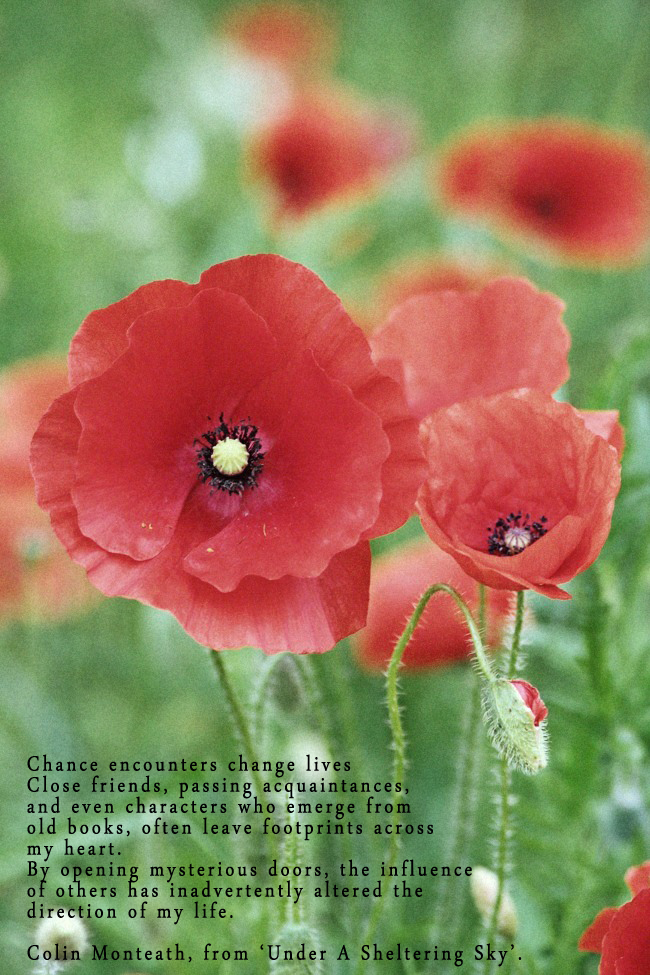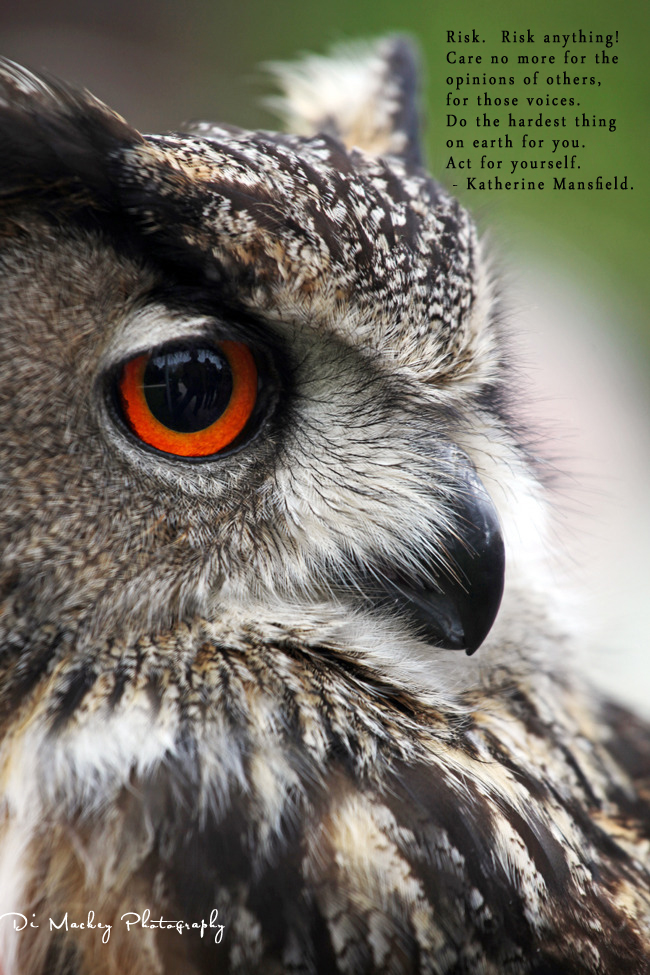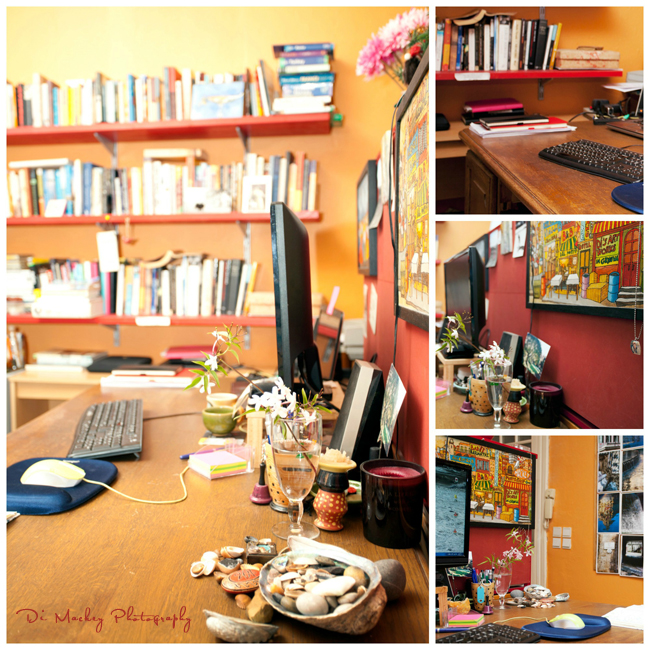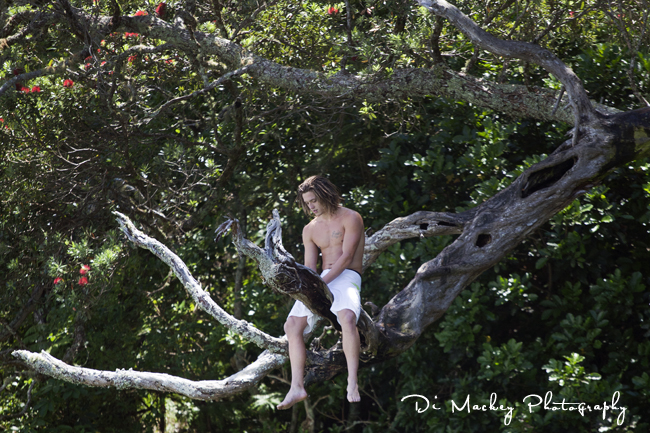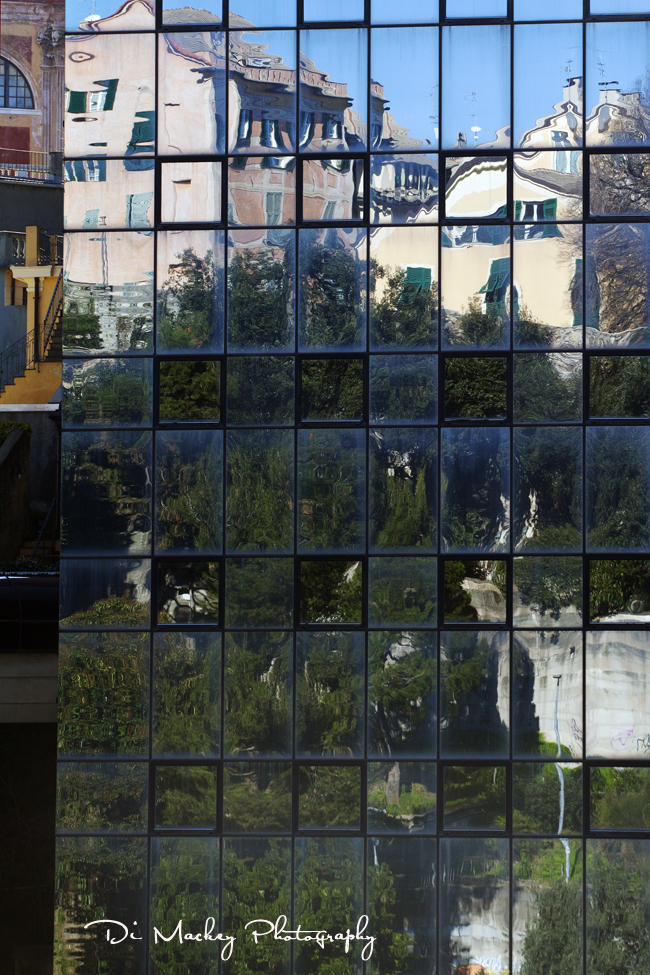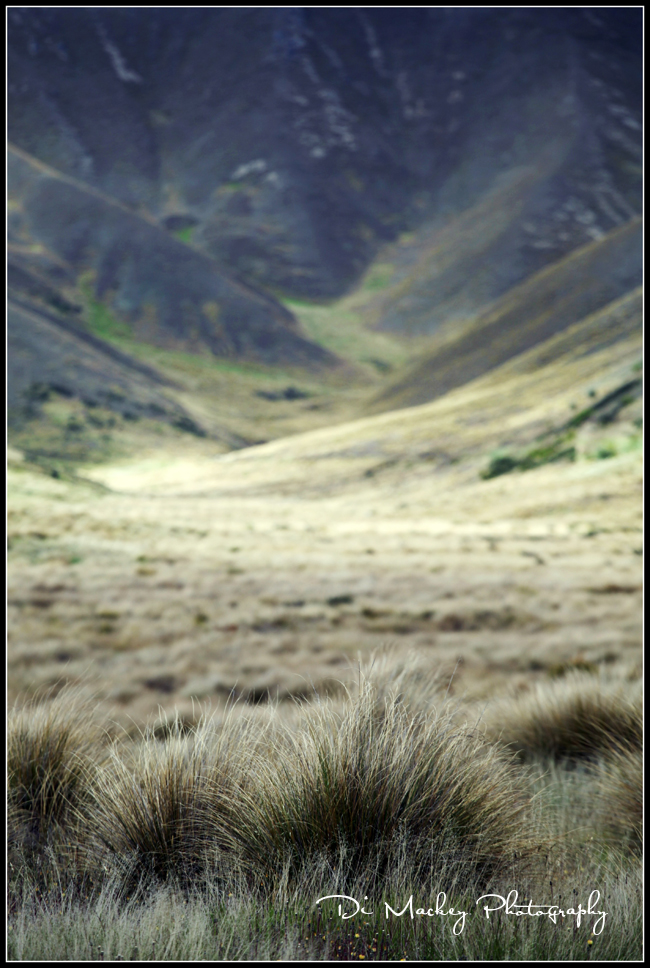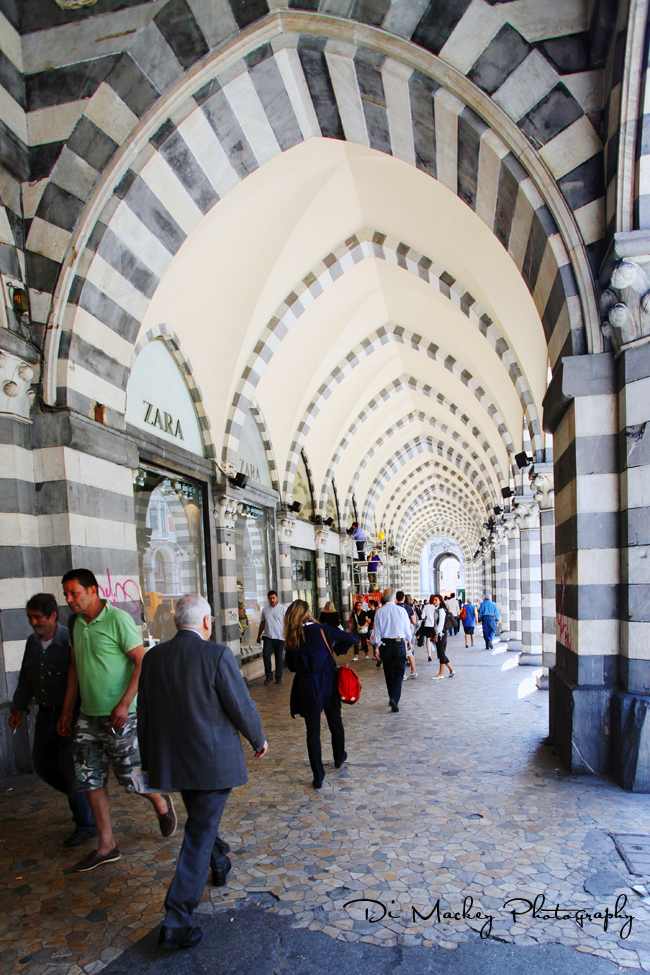In an unmoored life like mine, sleep and hunger and work arrange themselves to suit themselves, without consulting me. I’m just as glad they haven’t consulted me about the tiresome details. What they have worked out is this: I awake at 5:30, work until 8:00, eat breakfast at home, work until 10:00, walk a few blocks into town, do errands, go to the nearby municipal swimming pool, which I have all to myself, and swim for half an hour, return home at 11:45, read the mail, eat lunch at noon. In the afternoon I do schoolwork, either teach or prepare. When I get home from school at about 5:30, I numb my twanging intellect with several belts of Scotch and water ($5.00/fifth at the State Liquor store, the only liquor store in town. There are loads of bars, though.), cook supper, read and listen to jazz (lots of good music on the radio here), slip off to sleep at ten. I do pushups and sit-ups all the time, and feel as though I am getting lean and sinewy, but maybe not. Last night, time and my body decided to take me to the movies. I saw The Umbrellas of Cherbourg, which I took very hard. To an unmoored, middle-aged man like myself, it was heart-breaking. That’s all right. I like to have my heart broken.
Kurt Vonnegut, from Kurt Vonnegut - Letters, via brainpickings
An unmoored life ... I think I do a little of that in Genova. And I'm currently yearning for those two days when I woke around 8am, opened the balcony doors, then climbed back into bed and slept till 11am.
They were mornings unprecedented and, now, yearned for in these days of not sleeping. It's been 2am or later two nights in a row, not by choice and with added misery of those early, as usual, starts upon waking.
Today is the day of discussing huge plans. Then tomorrow is sitting back down with the writing course I put away while the Belgian bloke was on holiday.
Time flew, or so it seems.
Today is also the day I stop coffee, bread, pasta, potatoes, wine, and all kinds of other things I know don't agree with me. I shall quite possibly crash into the wall of withdrawal in the days ahead. My body will thank me eventually but first it will sulk, I'm quite sure about that.
I am so healthy in Italy (except for allergy attacks) and it occured to me that I never eat bread when I'm there. I drink the very best coffee but I eat minimally. My body adores me in those times. I come back to Belgium, the land where one has to think quite hard on how to avoid bread, and the wheels of Di begin to fall off.
I'm not dieting, I'm only attempting to be a little more conscious of what makes my stomach ache ... what makes me feel ill. I've been on the run, embarassed, quite mortified, and all of those other things that children of practical folk feel when a wide-range of foods make them feel ill. Ice cream and jelly were much-loved back in my childhood but honestly they made me feel seedy. Greed carried me quite far. I was one of four children and competitiveness may have stalked that table of ours ...
It was the Belgian bloke who enquired about my habit of eating toast after a roast meal. I told him, a roast makes my stomach hurt, like I'm hungry. He suggested working out what caused it, the potatoes or the meat, and it's pretty much been all downhill from there.
Conscious eating I guess. It's bit neurotic for this kiwi girl and yet, I suspect it's what's needed after all these years of using toast and other 'snacks' to deal with the pain caused by everyday meals. There's still a huge sense of embarassment in admitting to known allergies but give me 20 years ... I'll own it all. Or I will have quietly moved to a better way of eating.
And so it was that I loved Kurt Vonnegut's words ... In an unmoored life like mine, sleep and hunger and work arrange themselves to suit themselves, without consulting me. Those unmoored times are the places and spaces where my body takes over and it does what it pleases with my eating and sleeping.
Perhaps everyone needs a lilttle of that unmoored life, just to know ...
The photo? From France.

